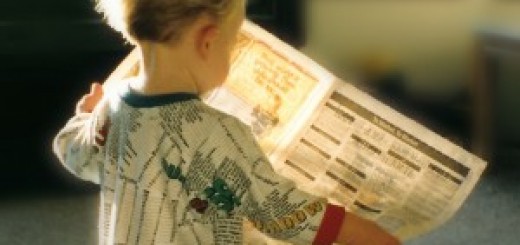“Never gave Purim baskets like those”

Each year we try to cut down on the number of mishloach manot/shalach manos we send, and either give more matanot l’evyonim to the needy, or find indigent Jews who really need mishloach manot . As inspiration, I reread a chapter about real mishloach manot in the historical novel by Rav Haim Sabato, Boi HaRuach, a bestseller in Israel two years ago. This month it came out in English as From the Four WInds translated by Yaacob Dweck, Toby Press (and available on amazon, bookstores,etc). The chapter about mishloach manot can be a lesson for all of us and it is on the Hadassah Magazine website’s Purim section: “Making the Rounds in Beit Mazmil” a Jerusalem immigrant neighborhood in the 1950s. I added five discussion questions which you can see if you scroll down to the bottom of the excerpt. Try the link in question 5, to the Hungarian cake for Purim described in the excerpt. The chapter and questions might enrich your seudat Purim or Shabbat Zachor table talk.
As the child Haim in the chapter says at the end,
When we were done, I hurried home to Mother. I had never participated in such a delivery of Purim baskets. I had never had a Purim like that one.



The trends appears to lean towards limiting mishloach manos, which I personally find disappointing. Mishloach manos can be a cheap and easy way of promoting ahavas yisrael, relationships and goodwill. It brings me joy to receive these tokens of friendship (many of which cost around a dollar or two), and I feel that if whittling away at the recipient list becomes widespread it will be at the expense of much of our communal ‘simchas purim’.